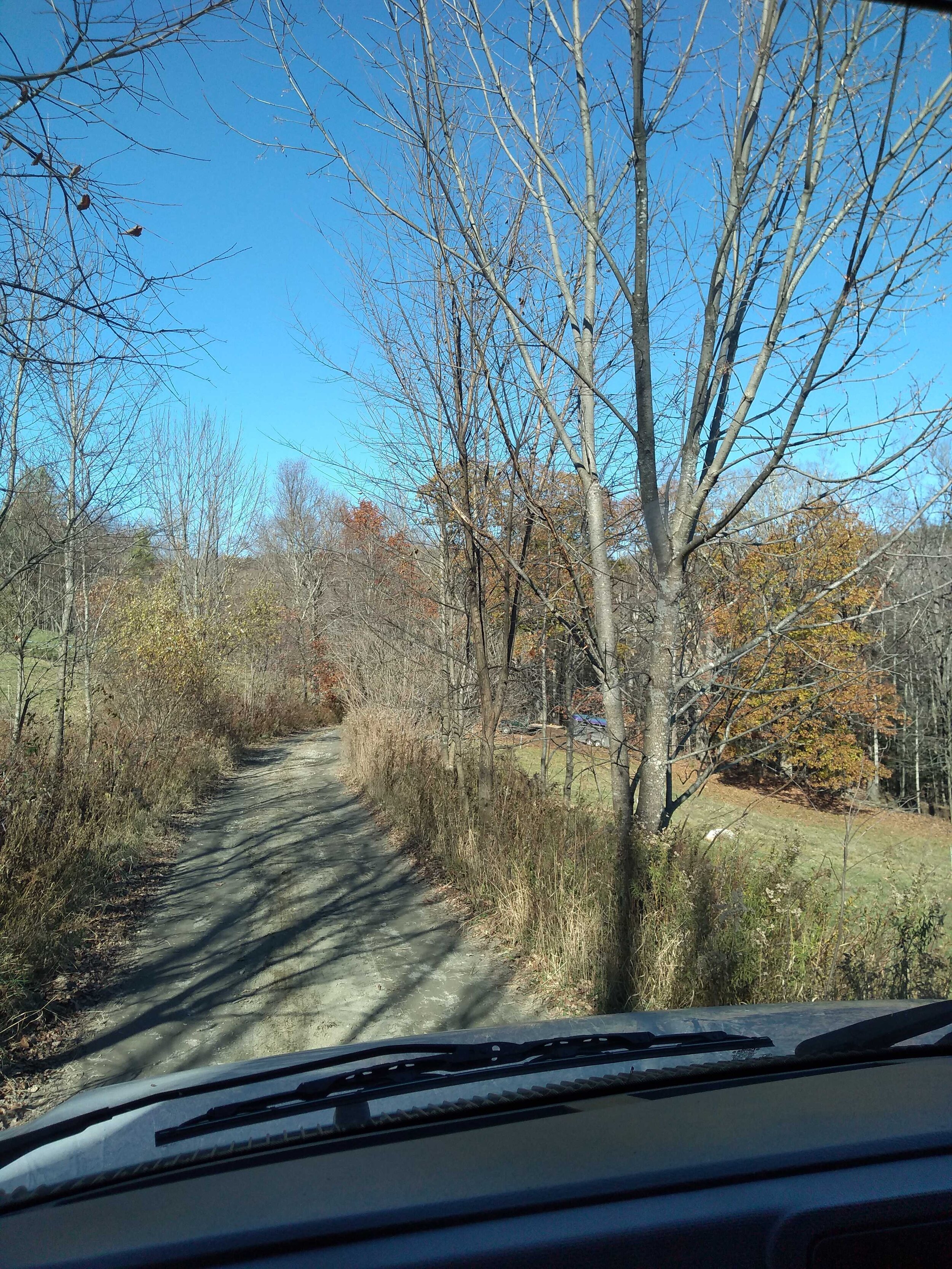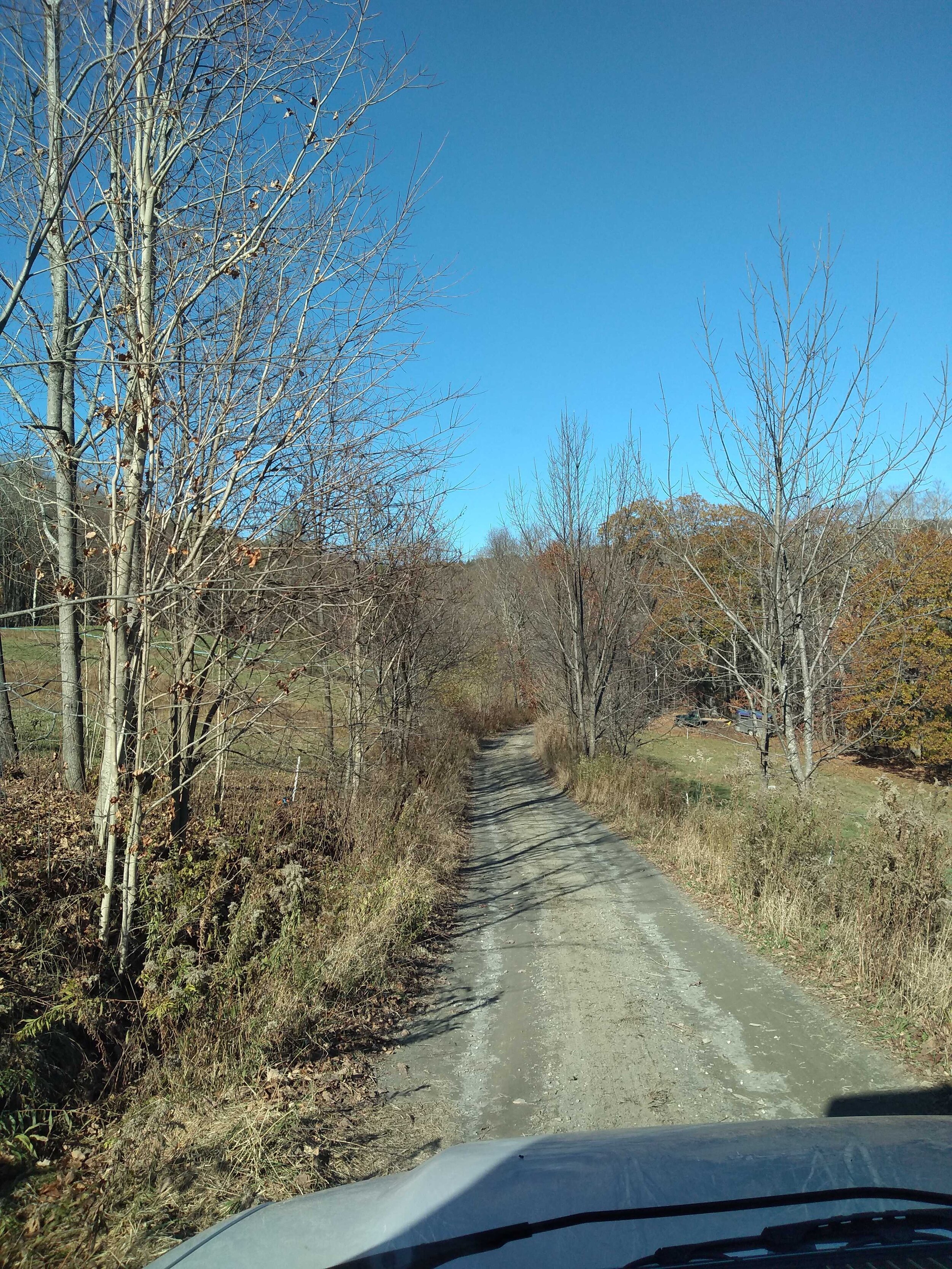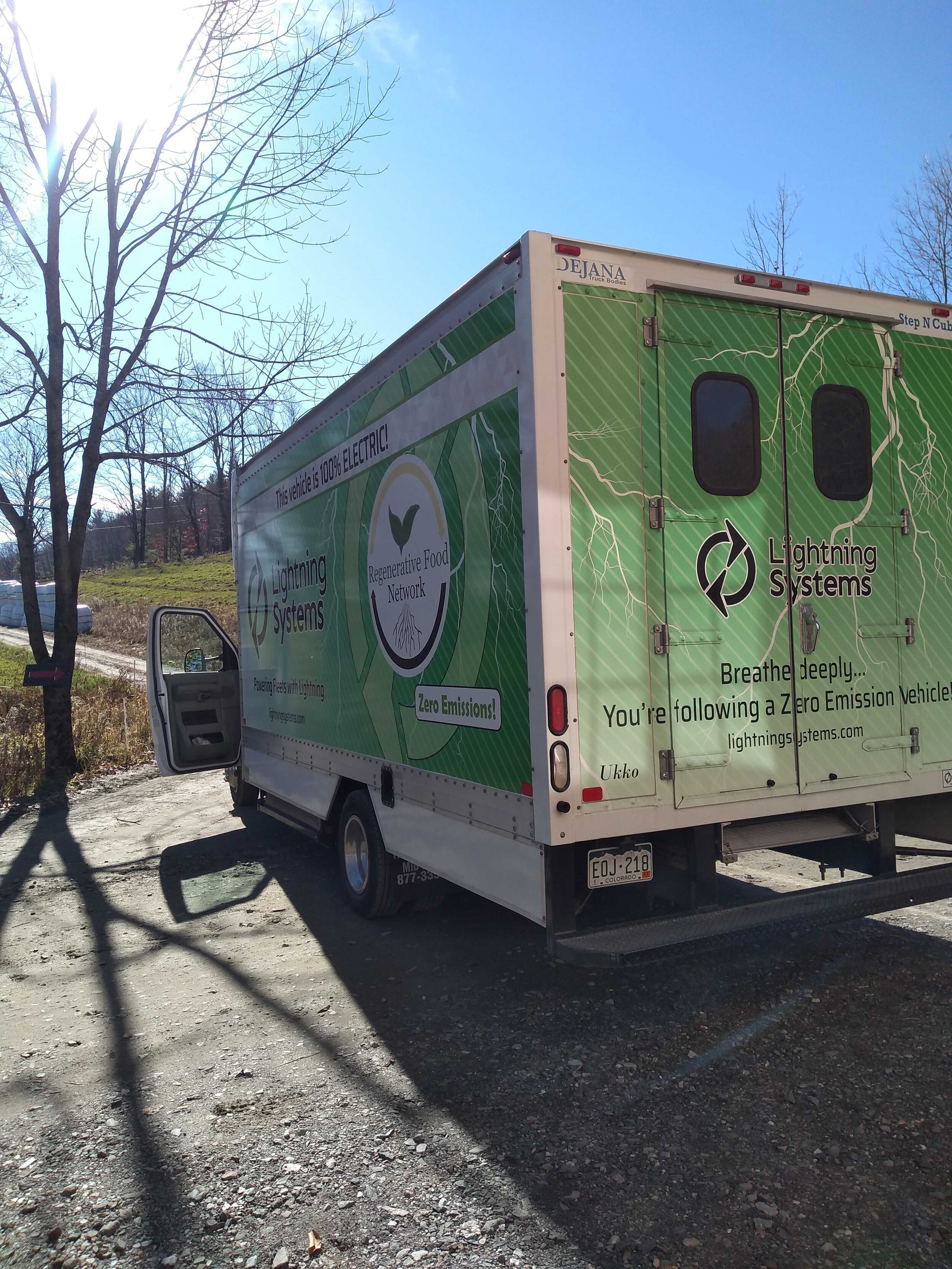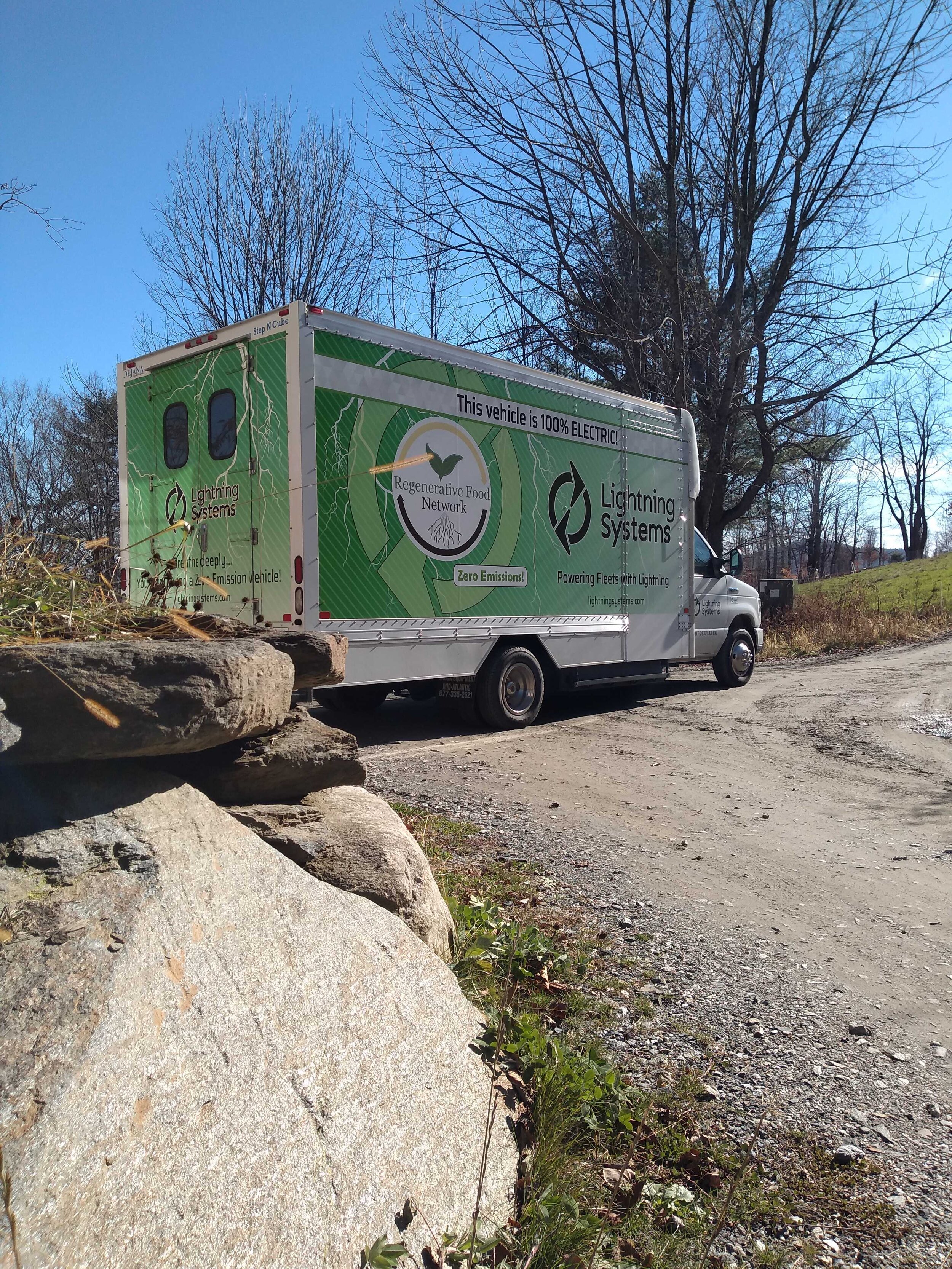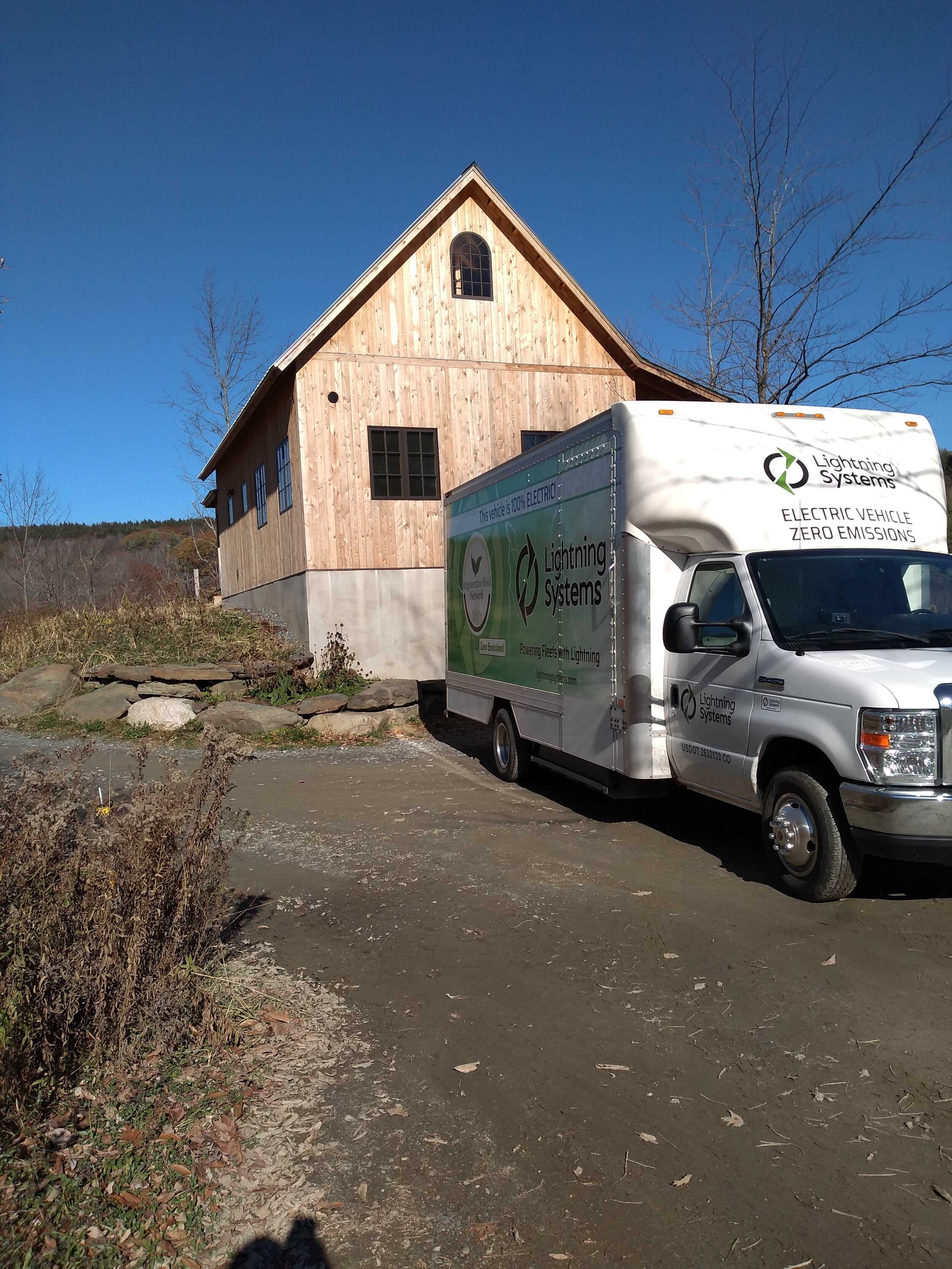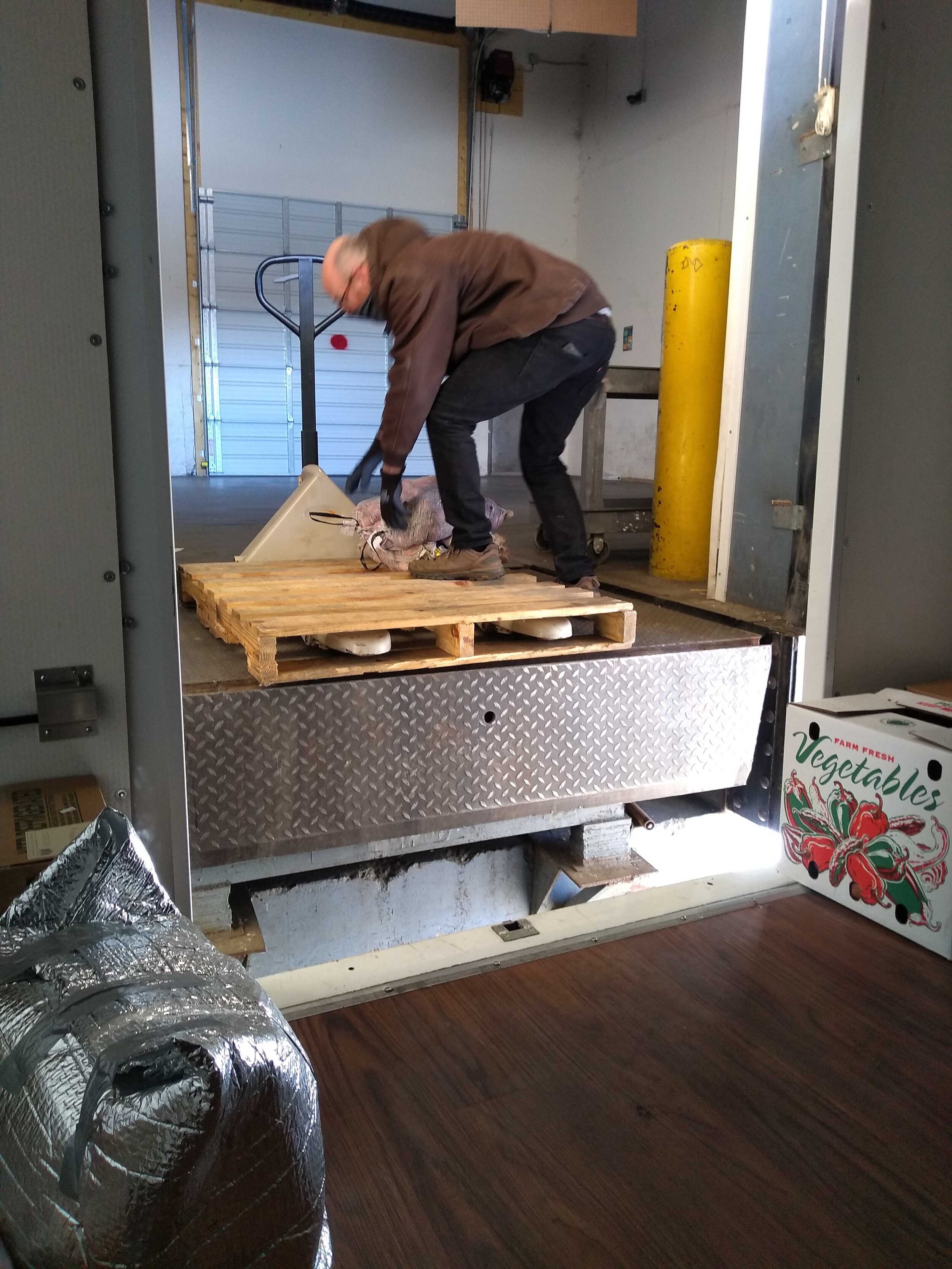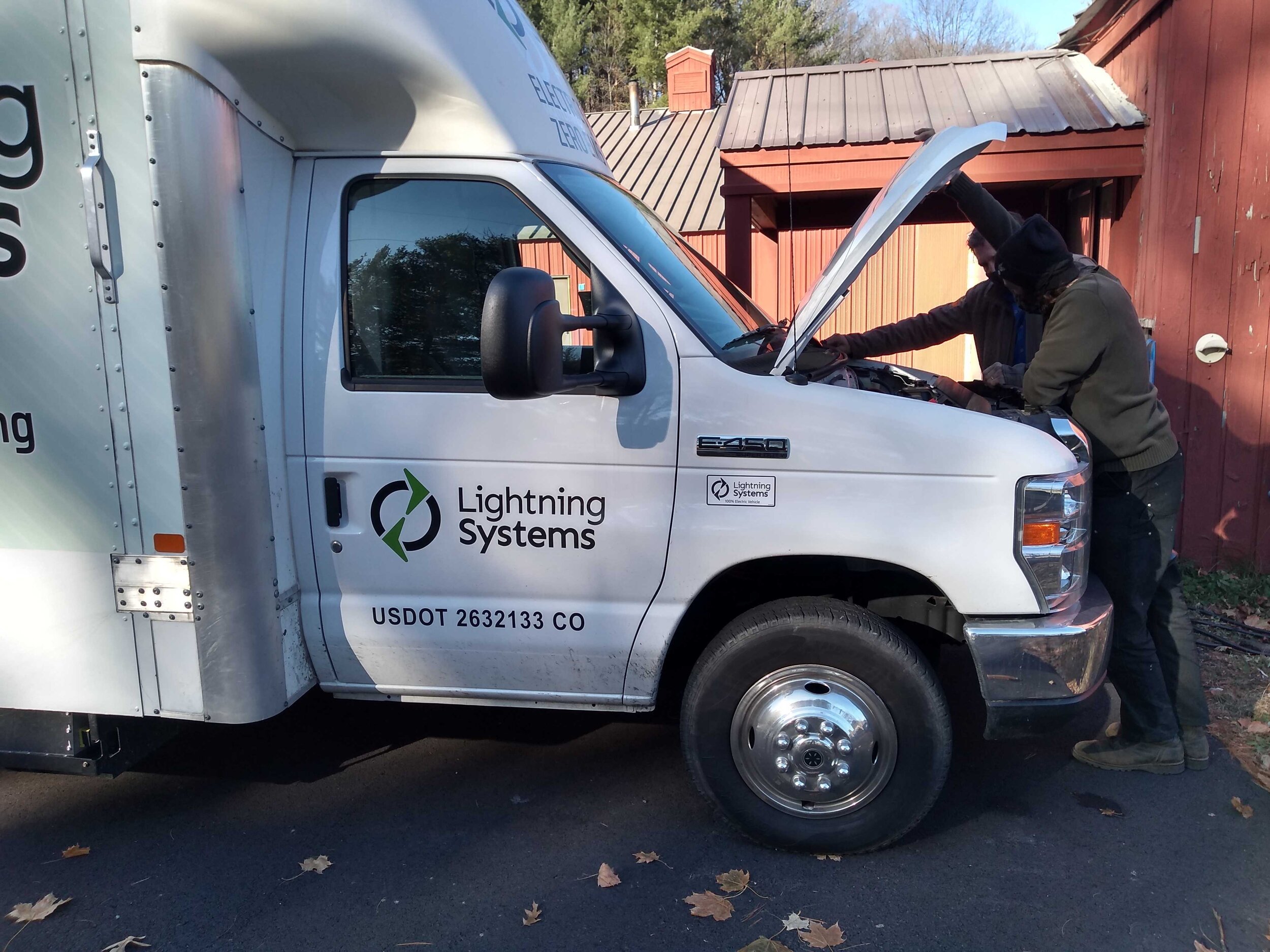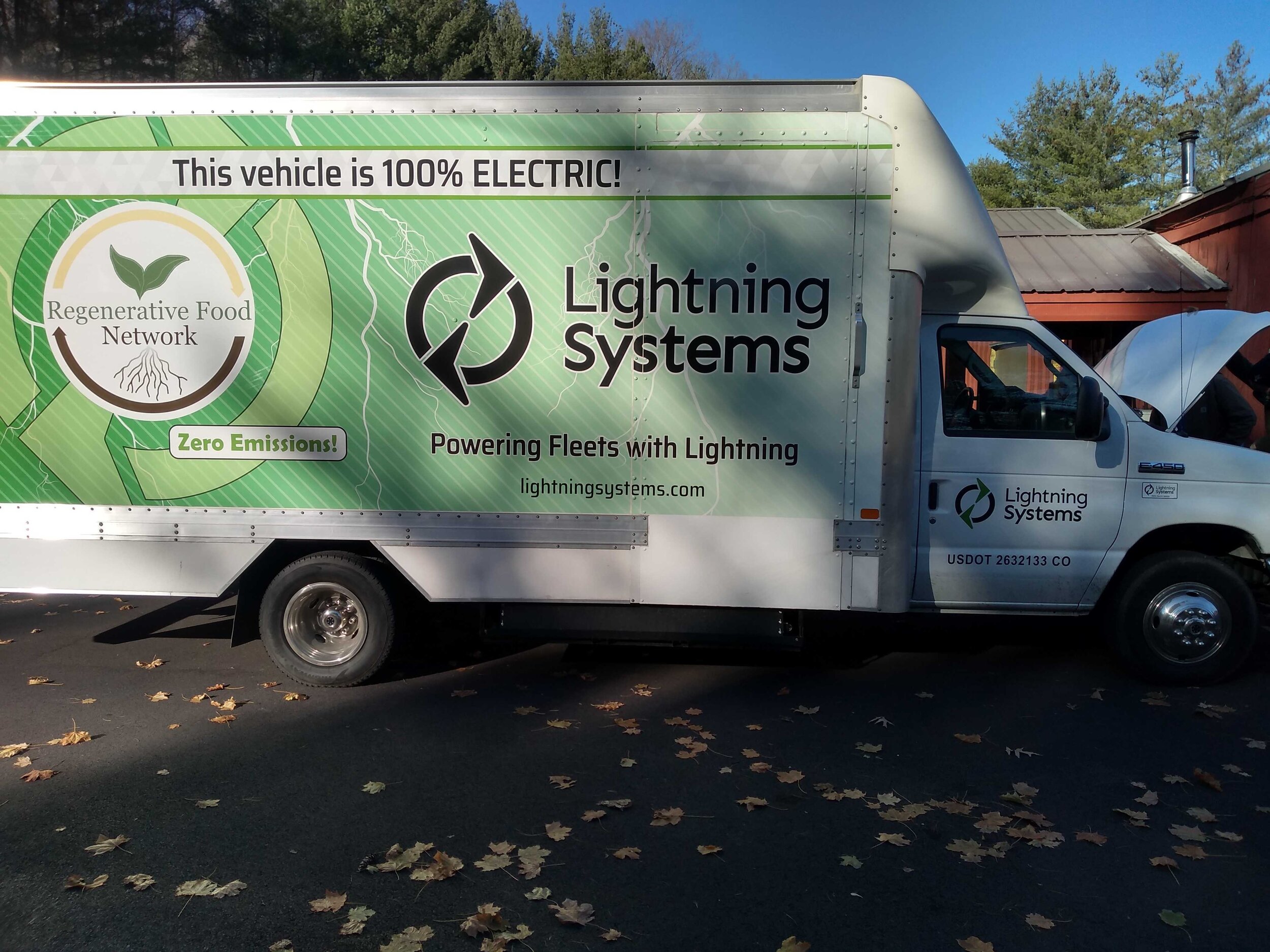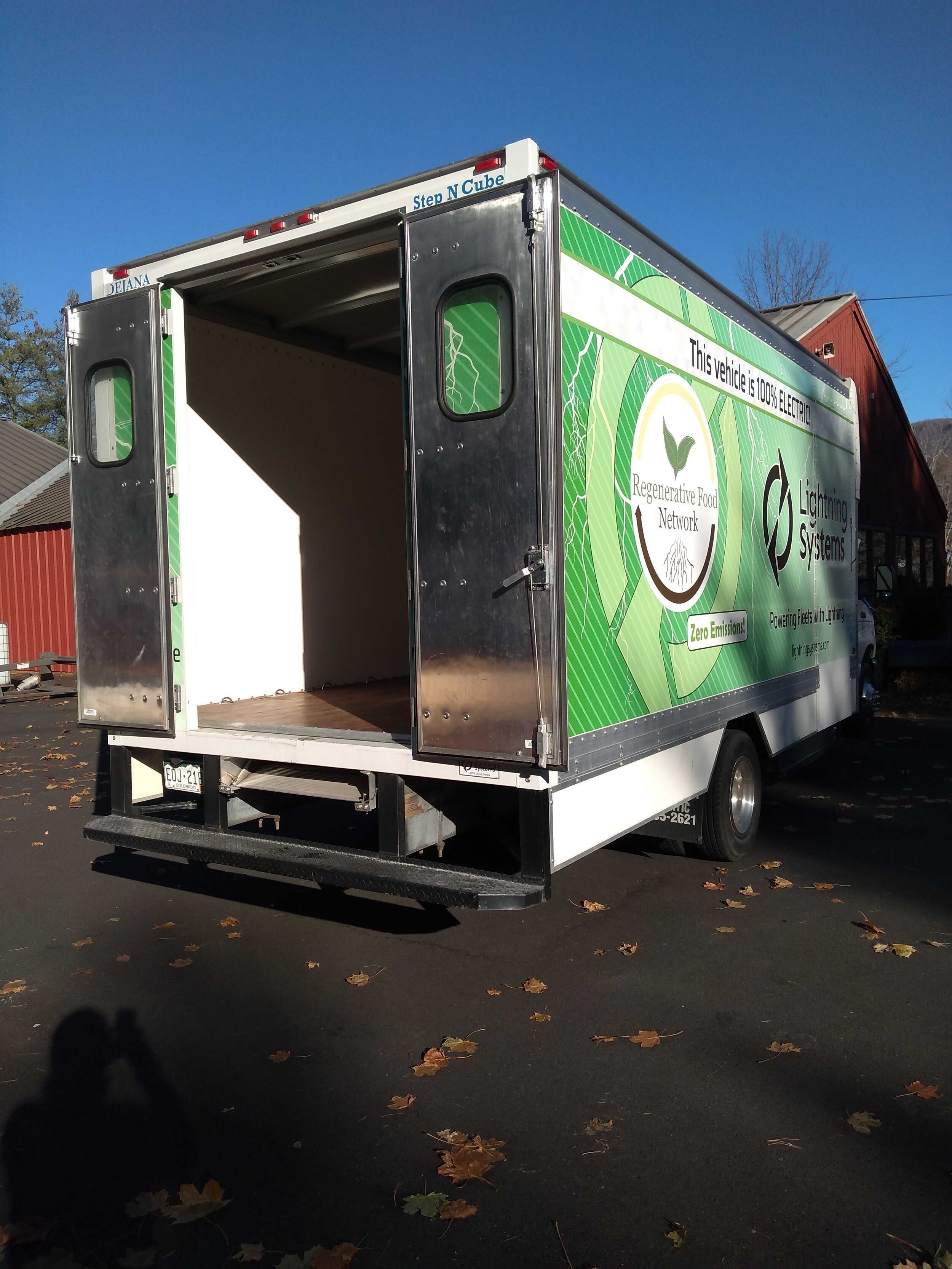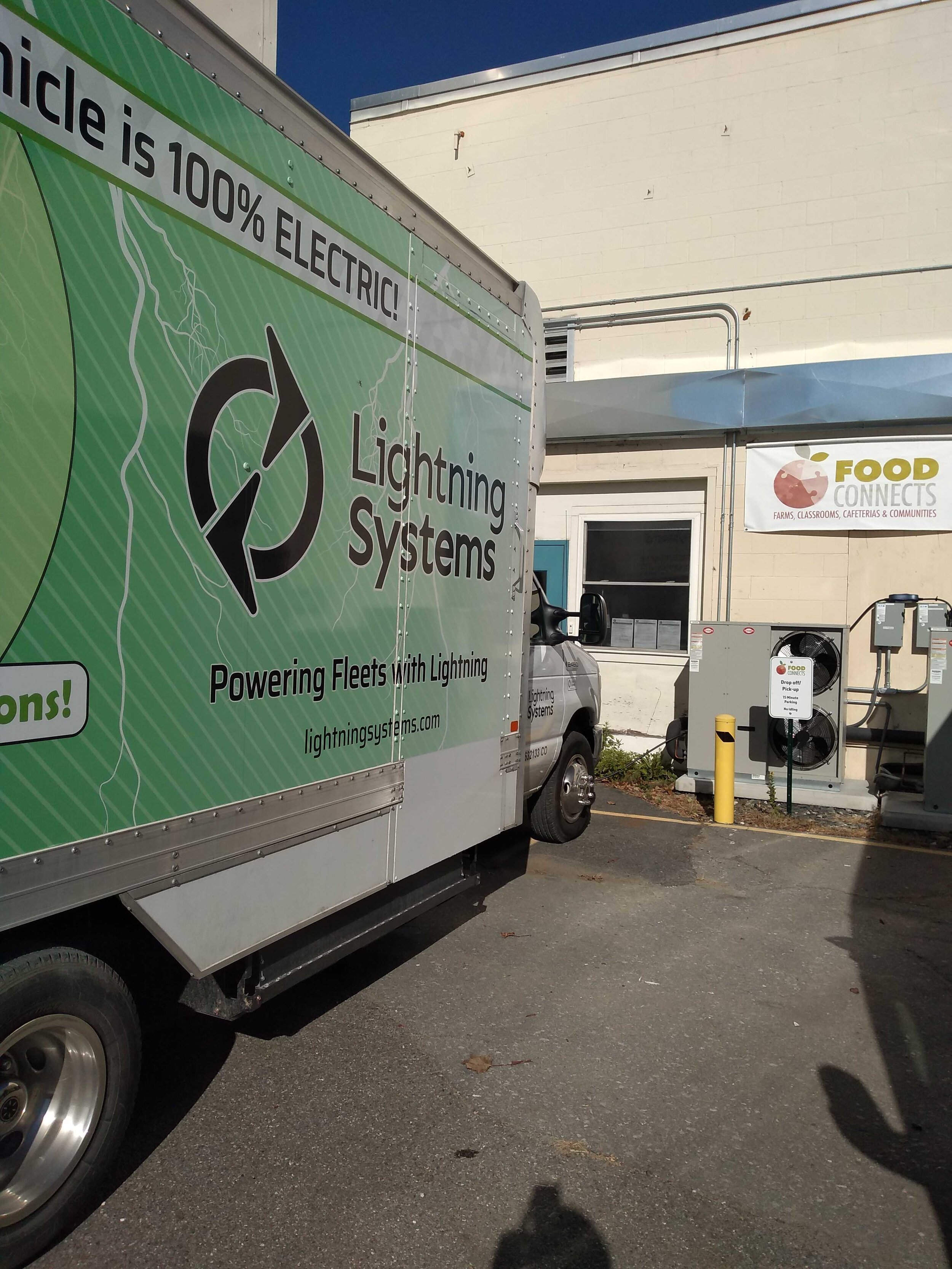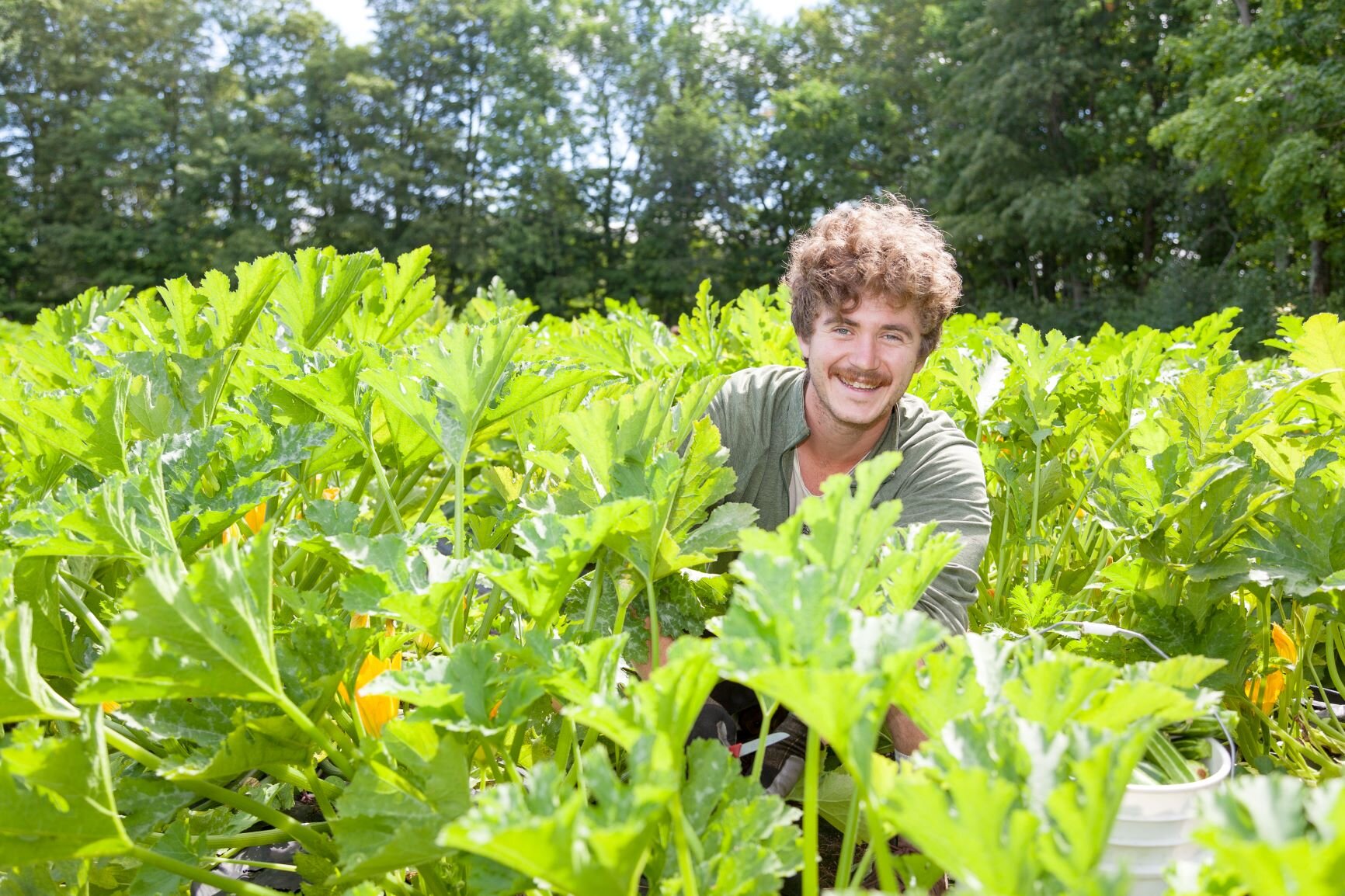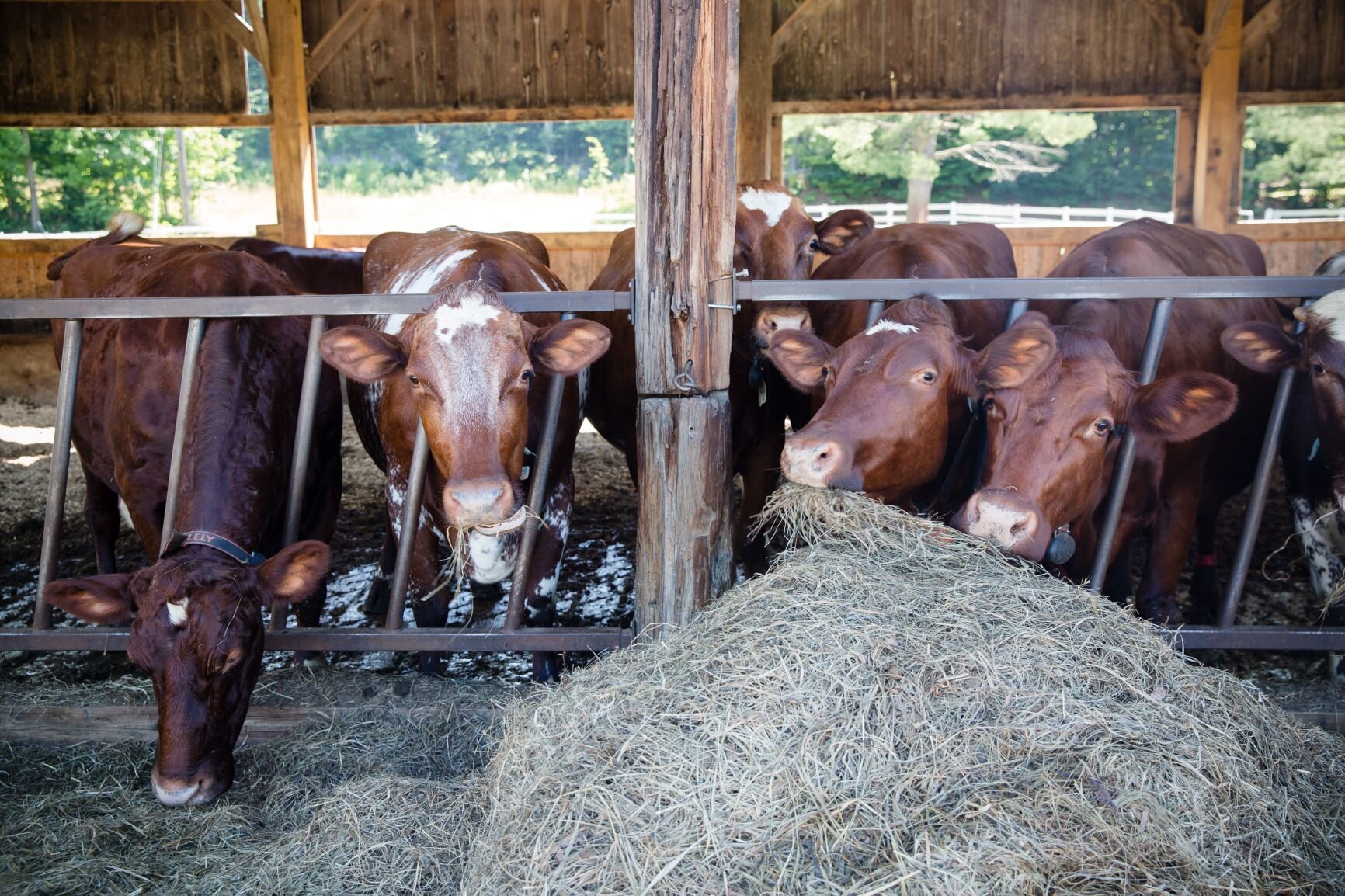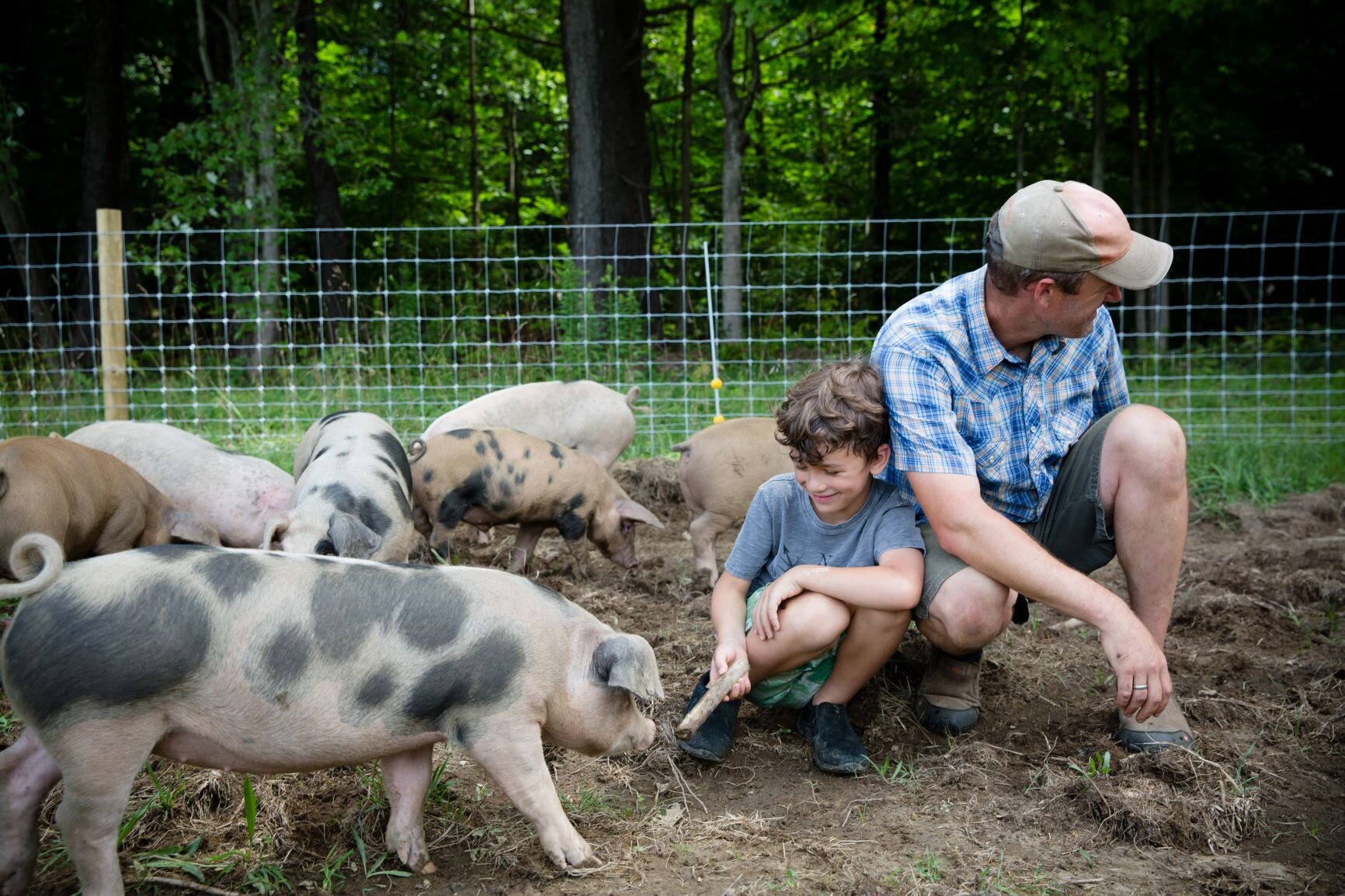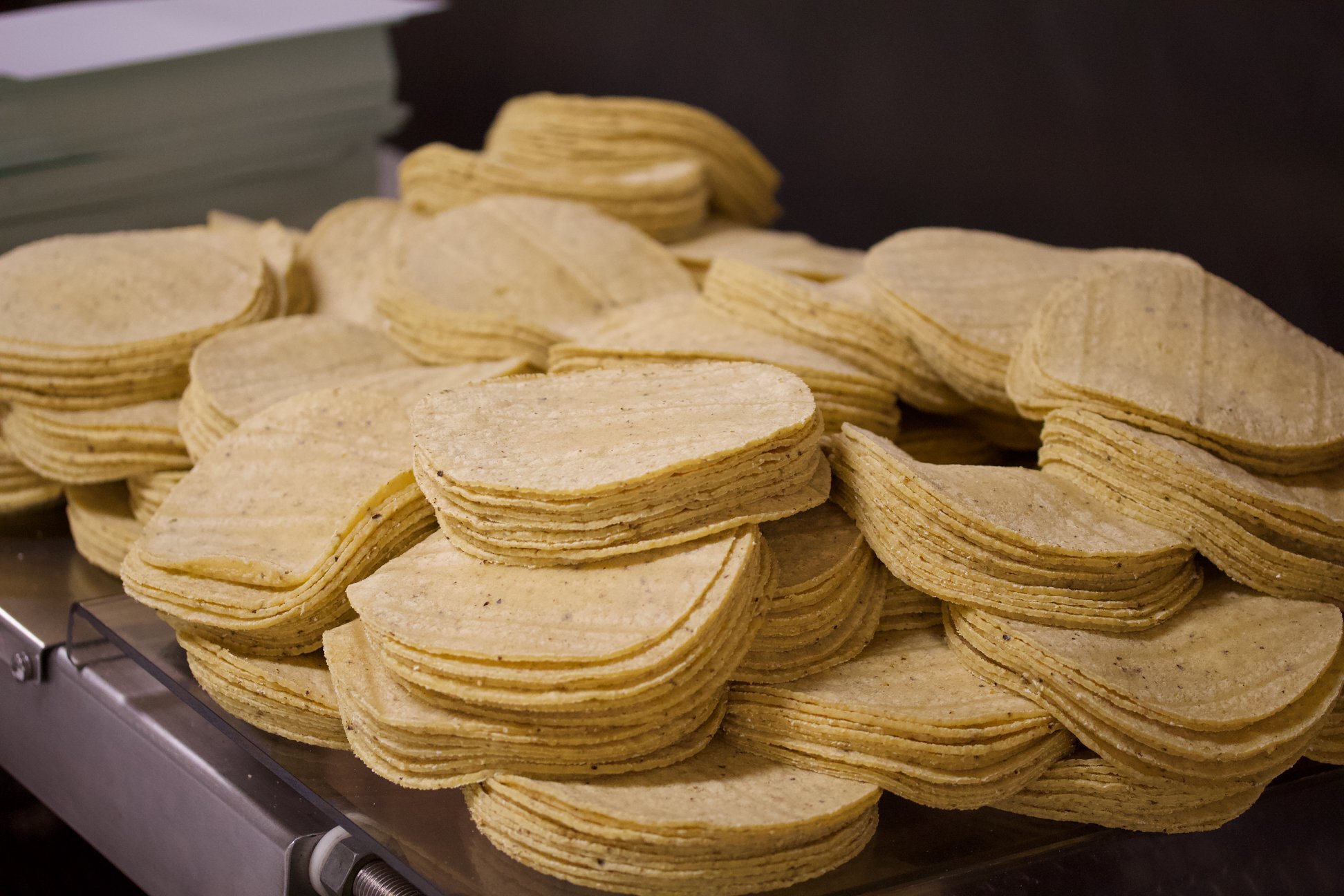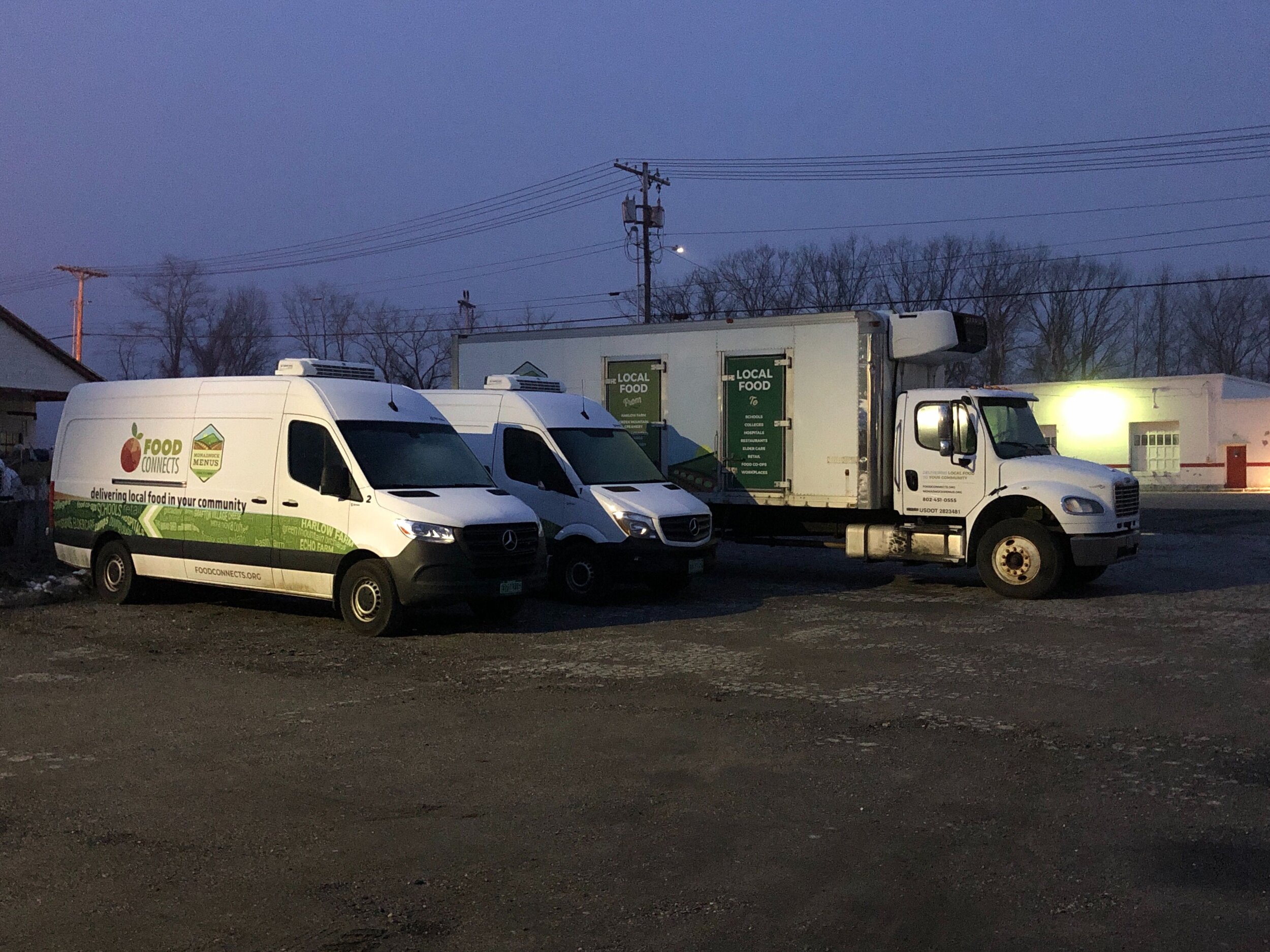Food Connects is excited to welcome Deborah Sadler to their team as their new Food Hub Operations Coordinator. Deborah is the first in a series of new hires that will help Food Connects operations continue to grow. Deborah splits her time between coordinating pickup and delivery of Food Hub products and driving delivery routes.
Deborah joined the Food Connects team in August after managing a goat dairy and creamery. In graduate school, she researched the effects of government policies on farmers’ ability to adapt to drought. Her passion for building local food systems and supporting farmworkers is a huge asset to the growing Food Hub team. Take some more time to learn more about Deborah today!
What interested you most about Food Connects and why are you excited to start working here?
I know how difficult it can be as a small producer to reach customers. Food Hubs offer an important connection for producers to access larger markets. I'm excited to be a part of strengthening our local food system!
Why is the local food movement important to you?
Community has always been based around food, our most essential need. Local food systems are the ultimate way to build community, especially in an increasingly disconnected world! With non-local foods, mistreatment of the land, ecosystem, and farmworkers is often out of sight, out of mind. Local farmers and producers are personally invested in the effects their businesses have on their neighbors. Local farmers who live in the communities they feed want to preserve and improve their soil and water resources. Local producers can see and address inequities in the food system that is overlooked by national brands and chains. When individuals, restaurants, and institutions buy local food, they are voting with their dollar to keep their money locally and to support their neighbors. And of course, fresh local food just plain tastes better!
What do you see for the future of Food Connects and what you will do here? What are your hopes/dreams for this position?
The Food Connects Food Hub is in a period of growth and is well-positioned to take on a leadership role in building a network of local food hubs throughout New England. As the new Food Hub General Operations Coordinator, I hope to help alleviate some of those growing pains with new, efficient systems that allow us to do our work more effectively!
How will your farming experience impact your work at Food Connects?
As a farmer, I understand many of the difficulties faced by local producers, and look forward to supporting them! Most recently, I have worked as a small dairy farm manager and cheesemaker, so I am used to wearing lots of hats and jumping in to do whatever is needed. I also believe farmers can serve as educators, to help teach consumers about the foods we provide.
Now for the fun ones!
What are your hobbies?
I enjoy hiking and backpacking, having hiked most of the Appalachian Trail. I am also a long-time runner and yogi. I enjoy the well-being of running, but will never win races. Creatively, I play piano, but not in public, and I write fiction that I hope to one day publish.
If you had to be shipwrecked on a deserted island, but all your human needs—such as food and water—were taken care of, what two items would you want to have with you?
If it's not included in food, I would bring a pair of goats and raise goats for milk, cheese, meat, fiber. And a deserted island that I could populate with goats would be a lot more fun and interesting! Otherwise, could I bring a Kindle and a solar charger?
What is your favorite or least favorite food?
As a former dairy farmer and cheesemaker, I love cheese and ice cream! Brussel sprouts are a hard pass, on the other hand.
When you were little, what did you want to be when you grew up?
When I was maybe five to ten years old, I wanted to be a Paleontologist, and get to dig up dinosaur bones, or else be a Tiger Trainer, like Siegfried and Roy. Of course, this was well before Roy was attacked by a tiger onstage.



